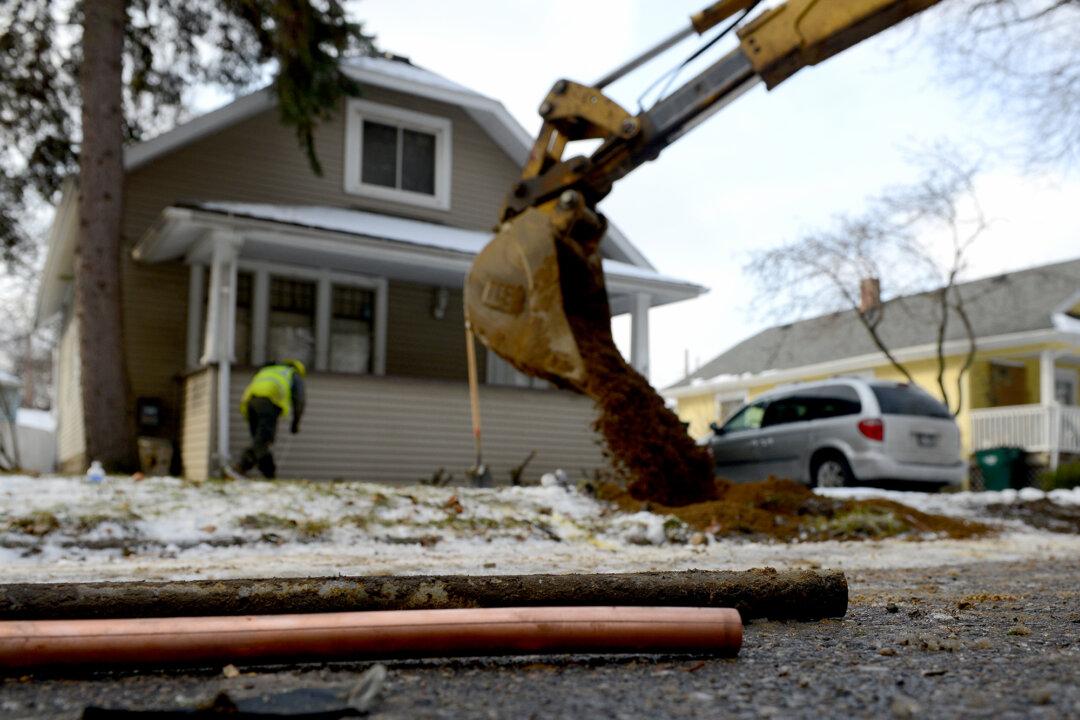The bipartisan infrastructure deal reach last week would, if enacted, fund an ambitious project to replace all of the nation’s lead water pipes, according to White House Press Secretary Jenn Psaki.
“It will put Americans to work replacing 100 percent of our nation’s lead water pipes so that every single American child at home or in school can turn on the faucet and drink clean water,” White House Press Secretary Jenn Psaki told reporters on Monday.





